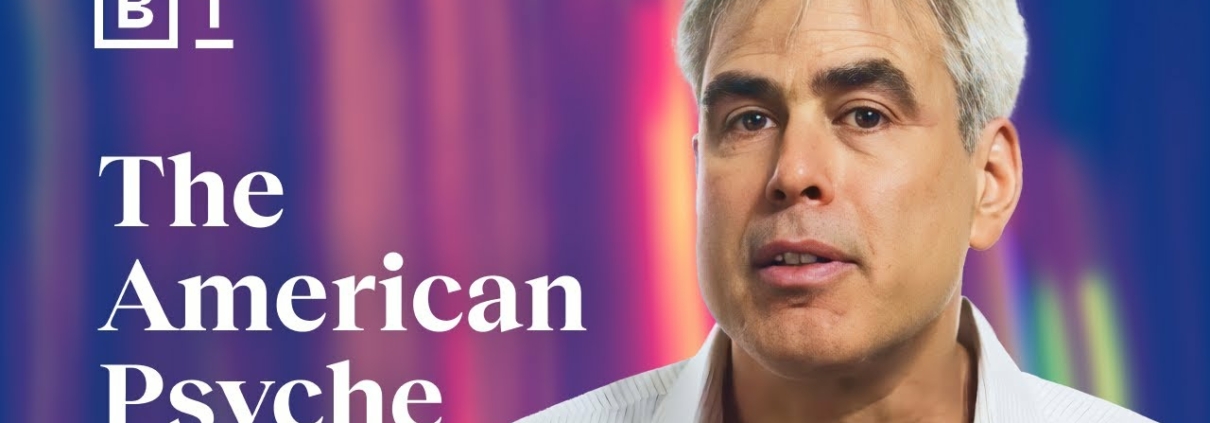Why Modern America Creates Fragile Children
In this video produced by Big Think, Jonathan Haidt argues that Gen-Z is more fragile and sensitive to conflict, insults, and exclusion, making them less adept at solving problems on their own. He explains why this overprotection has made them weaker and easily discouraged, and why teaching critical thinking and cognitive behavioral therapy may be the key to helping young people question their initial interpretations and improve their mental health.
Jonathan Haidt is a social psychologist at New York University’s Stern School of Business. Jonathan received his PhD from the University of Pennsylvania in 1992. His research examines the intuitive foundations of morality and how morality varies across cultural and political divisions. He is the author of The Happiness Hypothesis and the New York Times bestsellers The Righteous Mind and The Coddling of the American Mind (with Greg Lukianoff). He has given four TED Talks, and in 2019 he was inducted into the American Academy of Arts and Sciences. Since 2018 Jonathan has been studying the contributions of social media to the decline of teen mental health and the rise of political dysfunction. He is currently writing two books: Kids in Space: Why Teen Mental Health Is Collapsing and Life after Babel: Adapting to a World We Can No Longer Share.



